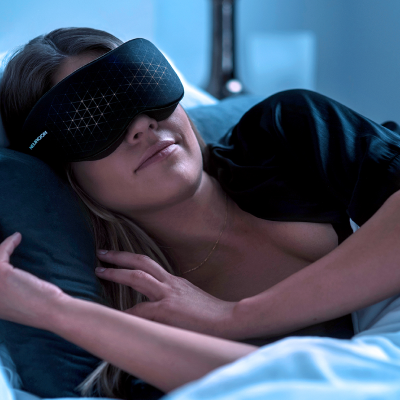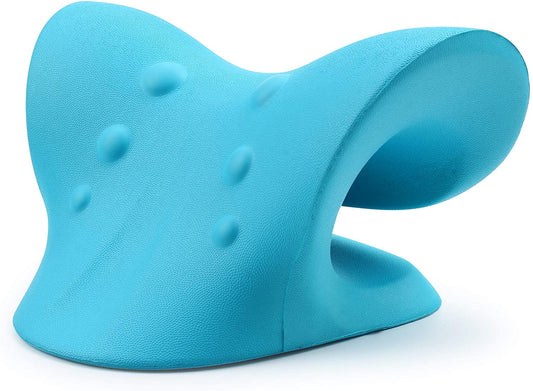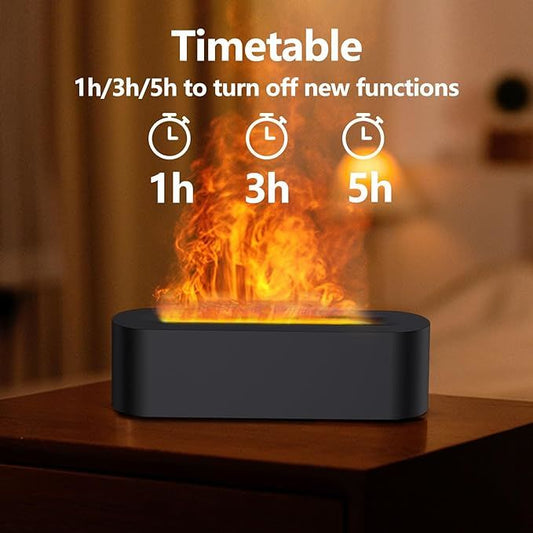As we stand on the precipice of a new era, the future of sleep technology holds the promise of ushering in unprecedented advancements in our understanding of sleep and the means by which we can optimize its quality. From the integration of artificial intelligence (AI) to other groundbreaking innovations, the landscape of sleep tech is poised to revolutionize our nightly journey into restorative slumber.
AI-Powered Sleep Diagnostics:
The integration of AI into sleep technology is set to transform how we diagnose and understand sleep disorders. Machine learning algorithms, fueled by vast datasets of sleep patterns, are capable of detecting subtle anomalies and patterns that may elude traditional diagnostic methods. This could lead to more accurate and timely identification of sleep disorders, allowing for earlier interventions and personalized treatment plans.
Predictive Sleep Analysis:
AI's predictive capabilities extend beyond diagnosis to anticipate and prevent sleep disruptions. Advanced algorithms could analyze an individual's historical sleep data, lifestyle factors, and even environmental variables to predict when sleep disturbances are likely to occur. By proactively addressing these factors, individuals may be able to mitigate potential disruptions and optimize their sleep quality.
Neurotechnology for Sleep Enhancement:
The convergence of neuroscience and technology holds promise for the development of neurotechnological interventions to enhance sleep. Devices that stimulate specific brain regions associated with sleep regulation may offer non-invasive solutions for improving sleep quality. This could include techniques such as transcranial magnetic stimulation (TMS) or neurofeedback, paving the way for personalized and targeted sleep interventions.
Smart Sleep Environments:
The future of sleep tech envisions environments that seamlessly adapt to our sleep needs. Smart home integration could extend beyond adjusting thermostat settings or dimming lights. AI-driven systems may optimize factors such as room temperature, humidity, and ambient noise in real-time, creating an ideal sleep environment tailored to individual preferences and needs.
Genomic Insights into Sleep:
The intersection of genetics and sleep science is a burgeoning field with the potential to unlock personalized sleep solutions. Advances in genomic research may unveil genetic markers associated with sleep disorders or predispositions to specific sleep conditions. This knowledge could inform targeted interventions, allowing for more precise and effective sleep therapies.
Sleep-Tracking Nanotechnology:
The future might see the integration of nanotechnology into sleep tracking devices, providing even more granular data about sleep patterns and bodily functions. Nanosensors embedded in wearables or smart textiles could offer real-time insights into physiological changes during sleep, enhancing our understanding of sleep cycles and contributing to more precise sleep recommendations.
Virtual Reality (VR) for Sleep Therapy:
VR technology has the potential to revolutionize sleep therapy by immersing individuals in calming and sleep-inducing environments. Customized virtual scenarios, combined with relaxation techniques, could provide an innovative approach to managing stress and anxiety—a common cause of sleep disturbances.
Quantum Computing in Sleep Research:
Quantum computing's unparalleled processing capabilities may significantly accelerate sleep research. Complex simulations and analyses of sleep-related data, which would be computationally impractical with classical computers, could become routine. This could expedite the development of advanced sleep models and therapies.
As we peer into the future of sleep tech, it becomes clear that the marriage of technology and sleep science holds vast potential. The integration of AI, neurotechnology, genomic insights, and other cutting-edge innovations promises not only to enhance our understanding of sleep but to provide individuals with personalized and effective tools for optimizing their sleep quality. The road ahead is illuminated with the promise of a future where restful nights are not just a dream but a tangible reality shaped by the remarkable advancements in sleep technology.




